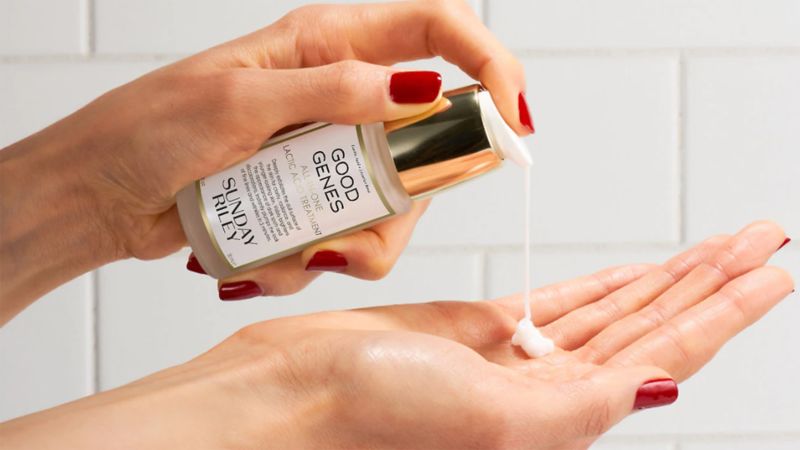Most trips to your favorite facial specialists result in horrible dryness. No matter how much you take care of your skin, this is a common problem that you have to deal with.
"Dry skin is skin that has a reduced ability to lose or retain water, and can be tight, dry and, in more severe cases, itchy and irritated," explains Dr. Ifeoma Ejikeme, Consultant and General Practitioner. Beauty doctor. Many of us know from personal experience that dry skin often looks dull and yellow, and fine lines can become more prominent. Prevents instant and destructive, bright glare.
In addition to the glow factor, Pamela Marshall, clinical esthetician and founder of Mortar & Milk, says it's important to keep skin well-hydrated and hydrated. Acne redness. "Dry skin sends a message to the sebaceous glands to produce more oil," she explains. "This excess oil enters the pilosebaceous layer and becomes inflamed. As the skin becomes dehydrated (causing increased redness), the capillary network expands." Good skin hydration soothes these unpleasant symptoms.
But how? Here Vogue finds the easiest way with the help of experts.
It all starts with your diet.
It's no surprise that drinking water tops the to-do list when it comes to skin hydration, but pairing it with a good dose of essential fatty acids is just as important. "On the inside, our skin is hydrophilic (prone to mixing with water) and lipophilic (attractive to lipids), which means we need water and lipids to maintain moisture," says Marshall. "Foods like nuts, seeds, avocados, and oily fish have a positive effect on overall skin moisture levels as well as skin tone." He recommends taking an omega supplement. We love Arthan Essential Omegas.
Stay away from the property
"For truly hydrated skin, you have to look at the ingredients that can cause dehydration. You're still dehydrated," says Marshall. While active ingredients like acids and retinol can do wonders for skin, Marshall says, most consumers don't know how to use them properly. When, but if used daily, it seriously damages the health of the skin. It's all about finding the balance between active ingredients, antioxidants and protection.
For those looking for a safe way to get the benefits of exfoliation without damaging their skin, she's a big fan of incorporating polyhydroxy acids (or PHAs) into their skin care routine because they do so much more, from exfoliation to smoothing. Sustainable in the long run. Because they have a higher molecular weight than AHAs, they don't irritate the skin and help reduce inflammation while exfoliating. They act as antioxidants and humectants, helping to protect and retain moisture in the skin, respectively.



